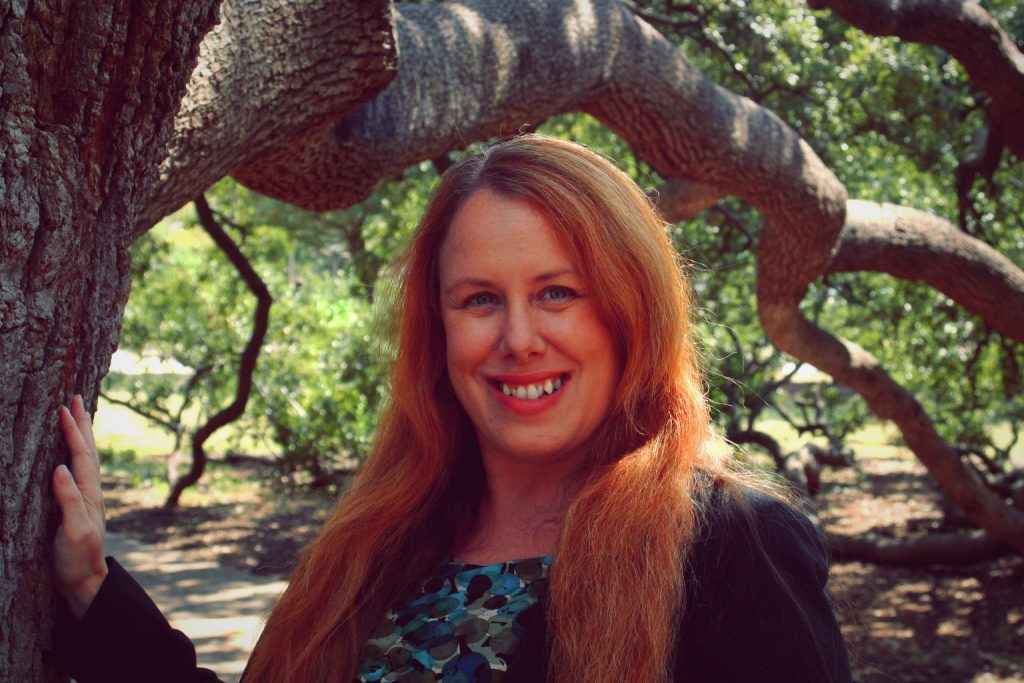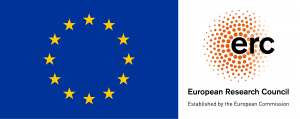#SemioPills 7: Heidi Campbell

Heidi A. Campbell teaches media studies on themes related to media theory, global and popular culture and media & religion. Her research focuses on how religion is translated and transformed by digital cultures and the influence of digital and mobile technologies on Christian, Jewish and Muslim communities. She is Professor of Communication, affiliate faculty in Religious Studies, a Presidential Impact Fellow at Texas A&M and director of the Network for New Media, Religion and Digital Culture Studies. She is also co-editor of the Routledge’s Studies in Religion and Digital Culture book series and on the editorial board of the Journal of Computer-mediated Communication, New Media & Society, the Journal of Media, Religion & Digital Culture and Ecclesiology & Ethnography. She has authored over 90 articles and books including Exploring Religious Community Online (Peter Lang 2005) and When Religion Meets New Media (Routledge 2010) and Digital Creatives and Rethinking Religious Authority in Digital Culture (Routledge forthcoming). She has also edited four works including Digital Religion: Understanding Religious Practice in New Media World (Routledge 2013) and Playing with Religion in Video Games (University of Indiana Press, 2014). Recognized as an international scholar she has held research fellowships with the Center for Advanced Internet Studies-Ruhr University Bochum (Germany), Institute for Advanced Studies-Durham University (UK), Caesarea Rothschild Institute for Interdisciplinary Applications of Computer Science-University of Haifa (Israel), Institute for the Advanced Studies-University of Edinburgh (UK) and the Glasscock Center for Humanities Research-Texas A&M University. Her work on digital religion has been widely quoted in national and international media outlets including the Houston Chronicle, Los Angeles Times, The Guardian (UK), LaVanguardia (Spain), Los Angeles Times, Wall Street Journal, USA Today and she has been interviewed by CBC, the BBC, Australian ABC radio and has appeared on PBS’s Religion and Ethics program.
Here you can find the questions we asked Heidi:
- You are among the leading figures in the field of Digital Religion. In 2010 you and other scholars at the Center of Digital Humanities Research, Texas A&M University, launched the Network for New Media, Religion and Digital Culture Studies. Can you tell us more about this network and the research you conduct within this framework?
- How digital religion practices may change our ideas of self and personhood?
- According to your experience, is it correct to say that people engage in digital religion practices as a form of rituality, in order to achieve new types of indentitarian traits? – Which is the main bias a scholar studying religion in the digital ecology has to face within this field? (e.g. the widespread idea such religions are not actual religions at all; cf. the notion of “fake religions”)
- You have studied religious memes. Which pattern can you recognize in such a production of media tokens?
- I am getting more and more intrigued by the pragmatics of ambiguity in online interactions. What did you mean by the fact the people engage in “Communicating mixed messages about religion through internet memes” (the title of a co-authored paper of yours from 2016).
Here you can find her answers:

